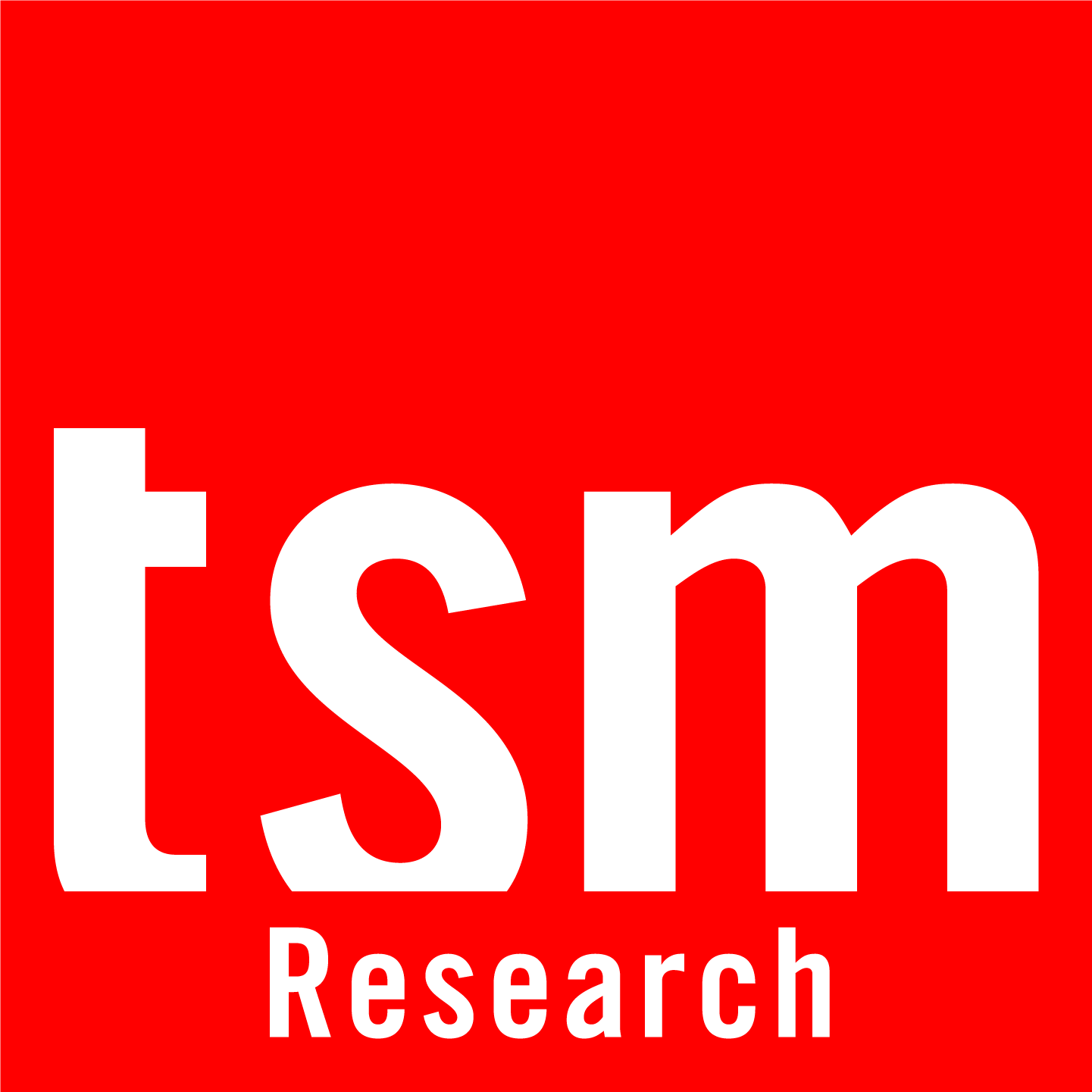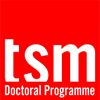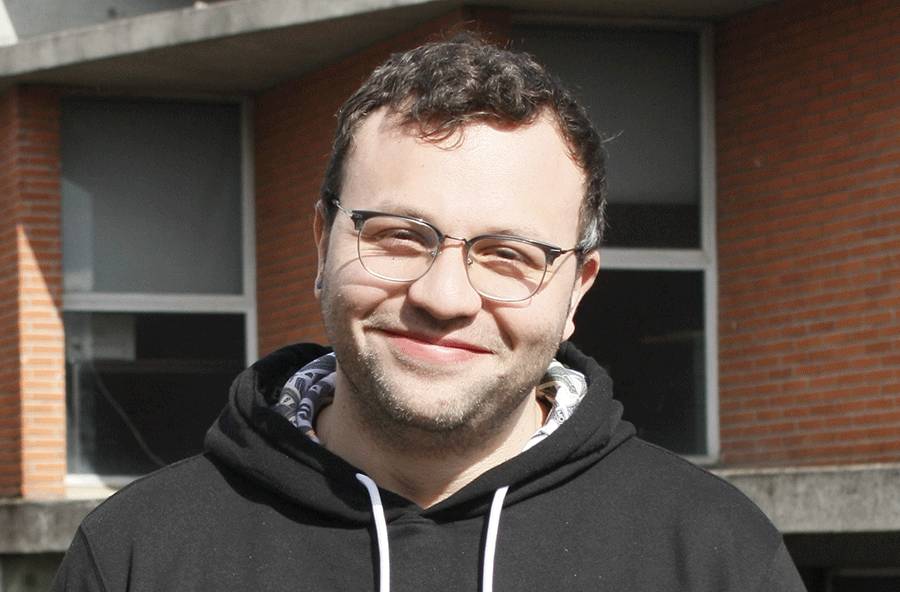The mission, vision and objectives of the Strategy area
Research in the Strategy area focuses on organisational dynamics in the implementation of corporate strategies. Researchers focus on the role of actors and the transformation of strategic capabilities in strategy implementation.
Close proximity to the field and a praxeological approach are fundamental to our research. Our research is essentially based on empirical work carried out by our researchers, in a wide range of sectors and using a variety of methodologies, including quantitative, qualitative and mixed methods.
Research topics
Innovation Management and Entrepreneurship
This theme focuses on innovation, partnership and intellectual property strategies, as well as on entrepreneurial dynamics and spin-offs, whether created by managers or researchers. Researchers study the research and development policies of innovative companies, their strategies in terms of intellectual property and innovation valorisation, and the different forms of partnerships to foster innovation. They also pay particular attention to the issues of co-creation, co-development, knowledge transfer and organisational ambidexterity. In addition, the members of this axis focus on the (e)valuation of goods and services exchanged on innovative markets and digital platforms, as well as on the emergence of new markets such as quantum computing and new space.
Mergers & acquisitions and cooperative strategies (alliances, coopetition)
The performance of mergers and acquisitions relies heavily on the organisational capacity to exploit synergies in terms of scope and costs, and to combine two initially distinct organisations. Researchers in this area focus on the organisational and human issues at stake in the integration phase following a merger or acquisition, and are particularly interested in the cooperative and identity-based dynamics that foster the combination of resources, the transfer of skills between merged companies, and innovation.
Researchers are also working on the articulation of the pre- and post-acquisition phases, studying stakeholders who are often ignored (middle-managers, union representatives, consultants and investment bankers). Finally, researchers in this area analyse how mergers and acquisitions can provide answers to major challenges, particularly in terms of governance and sustainability.
Researchers are also interested in coopetition strategies (cooperation between competing companies), and how they are structured and implemented.
Strategy-as-Practice
The work carried out by researchers in the "strategy-as-practice" field focuses on the practices underlying strategy formulation and implementation. Important analytical lenses are those of the attention-based view and issue selling. Studies by the team focus as much on employees, local managers and company directors, and aim to contribute to a detailed understanding of the daily experience of these actors, their context of action, their strategic role and their learning. To this end, the researchers adopt a fine-grained approach, studying, for example, the key strategic and attentional episodes that contribute to the day-to-day construction of strategy, or to greater consideration of socio-ecological issues.
Meet the Strategy Research team
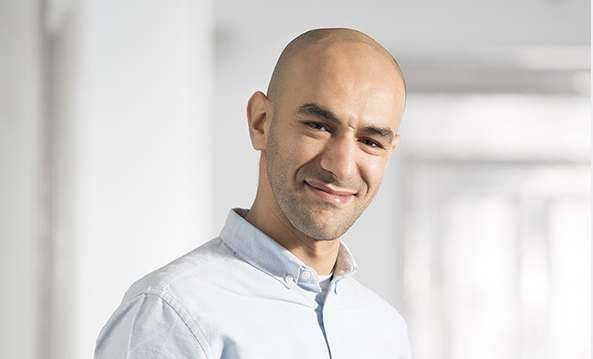
Jamal Eddine AZZAM
Full Professor

Éric JOLIVET
Associate Professor

Nicola MIRC
Full Professor
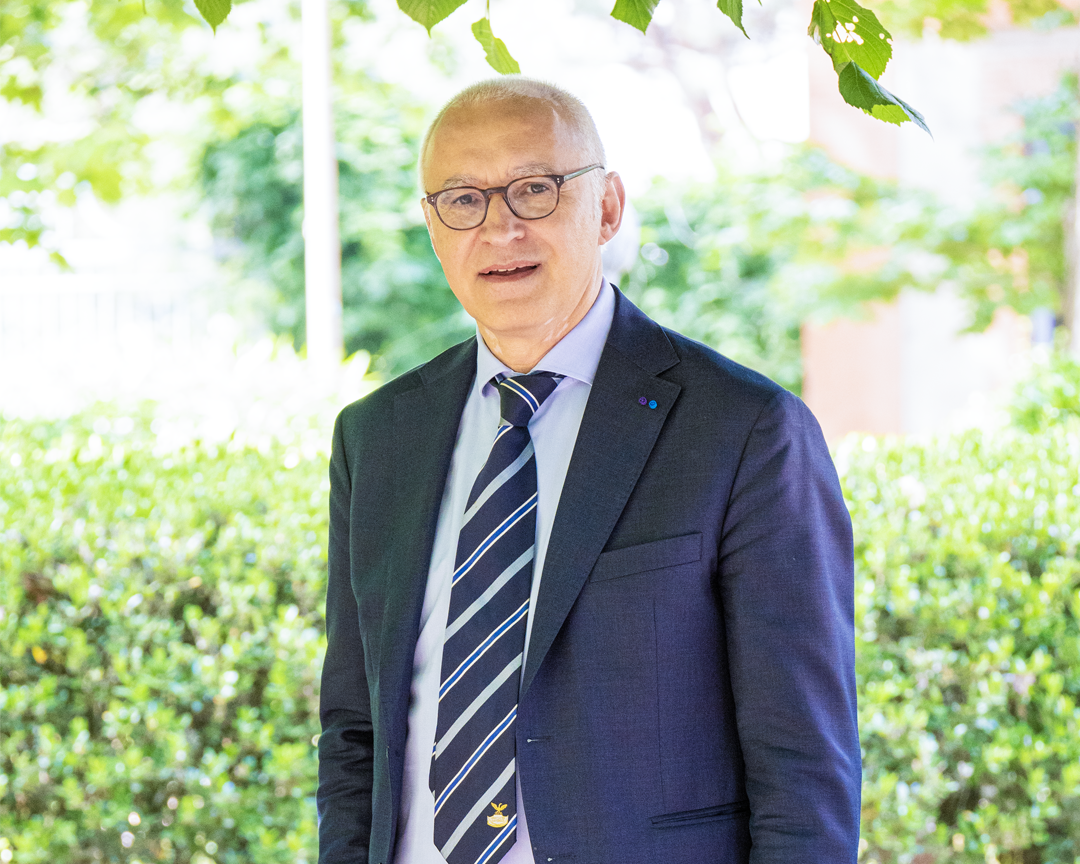
Hervé PENAN
Full Professor

Stéphan PEZÉ
Full Professor
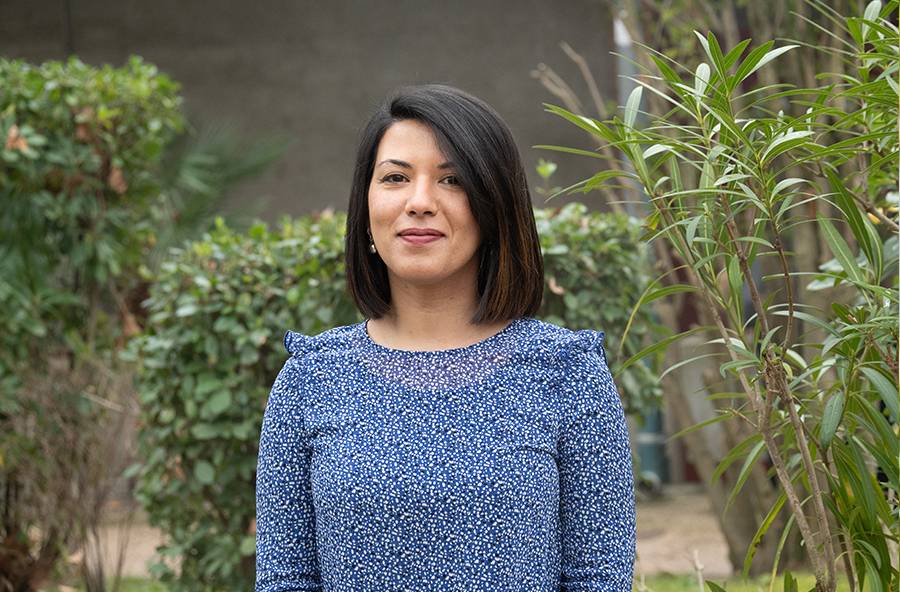
Sihem ROUANE
Assistant Professor

Audrey ROUZIÈS
Full Professor

Christelle THÉRON
Full Professor

Romain VACQUIER
Associate Professor
Strategy PhD students
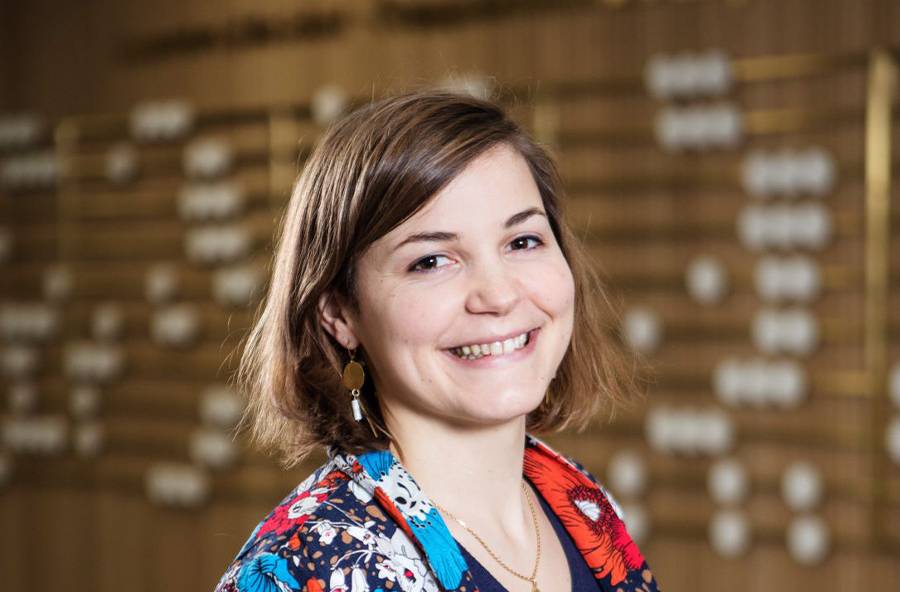
Anne-Sophie BARBE
Researcher

Malek BEN HAMIDA
PhD Student

Thibault BREMAUD
PhD Student

Dang Huy CAO
Assistant Professor

Jana HERBIG
Assistant Professor

David SANTANA CORCHUELO
PhD Student
Associate Member
The Strategy area regularly organises writing workshops and research seminars, welcoming French and international researchers who are experts in their scientific field. Members of the area regularly publish in leading journals in the field and participate in national and international conferences. They conduct research projects funded by European, national and regional public bodies, as well as by industrial partners.




